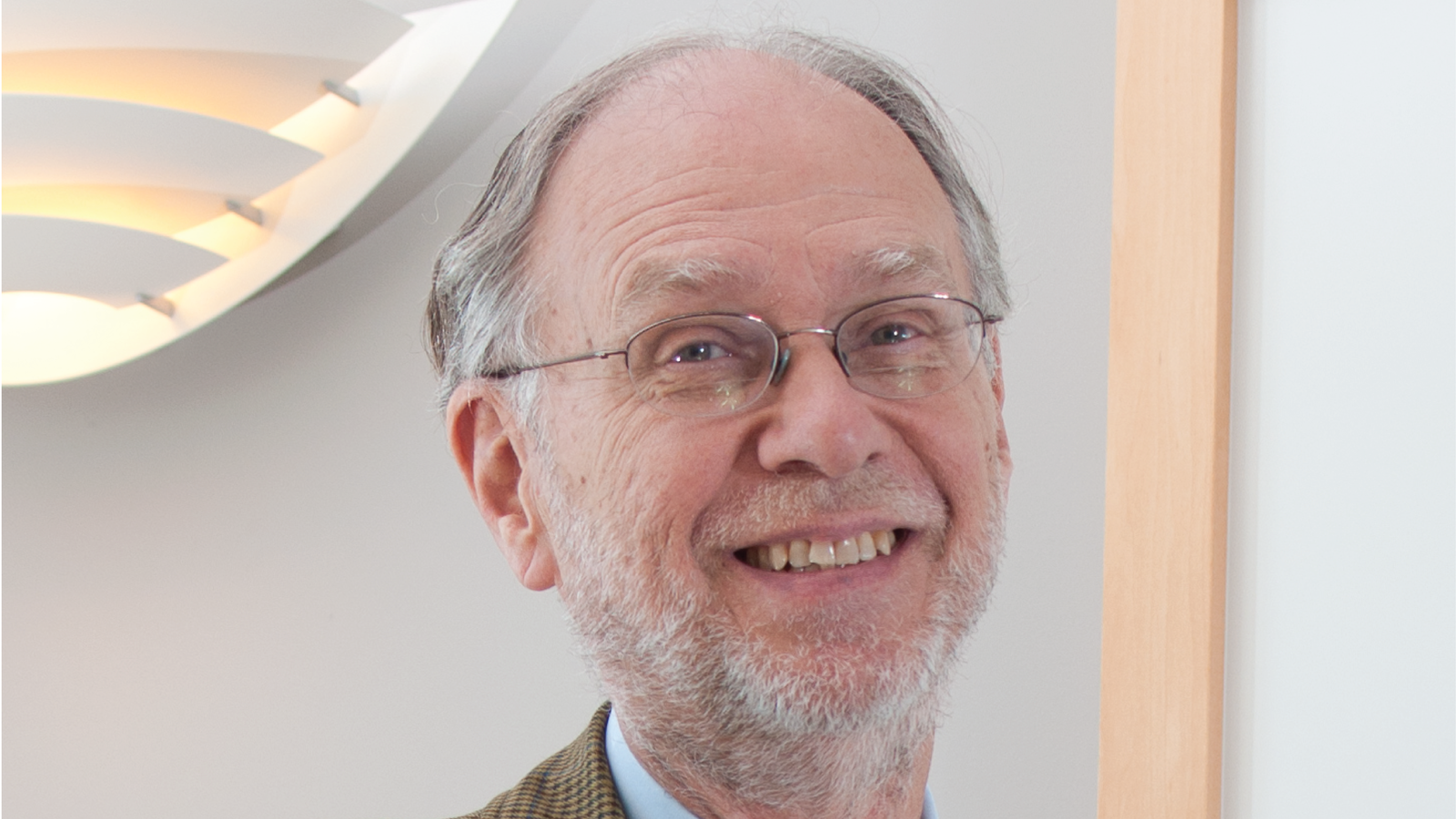
Biocomplexity Institute Appoints Founder of Computational Biology Dr. Michael S. Waterman as Distinguished Institute Professor
The University of Virginia’s Biocomplexity Institute is pleased to announce the appointment of Michael S. Waterman, Ph.D., as Distinguished Institute Professor. Dr. Waterman’s career has been largely dedicated to the area of computational biology and bioinformatics, concentrating on the creation and application of mathematics, statistics, and computer science to molecular biology, particularly to DNA, RNA, and protein sequence data. Waterman is known as one of the most important seminal thinkers and a thought leader in work that enabled the continuing revolution that is bioinformatics.
“Dr. Waterman is an early pioneer in bioinformatics; one of the most important thinkers in computational biology, and we’re honored to have him join the Mathematical Biocomplexity division at the Institute,” said Christopher L. Barrett, executive director of the Biocomplexity Institute. “We are incredibly fortunate to have the opportunity to collaborate with Dr. Waterman, who will undoubtedly elevate our work and capabilities.”
Among his most notable accomplishments, Waterman, in partnership with Biomedical Engineering Professor Temple F. Smith, developed the Smith-Waterman algorithm, which is the foundation for one of the most important classes of analytical tools in bioinformatics: sequence alignment algorithms. In 1988, Waterman and mathematician and geneticist Eric Lander published a landmark paper on a mathematical model for fingerprint mapping, a cornerstone for many DNA mapping and sequencing projects, including the Human Genome Project. Later in 1995, Waterman and Computer Scientist Ramana M. Idury, published another notable paper introducing the use of Eulerian and De Bruijn graphs for sequence assembly, still widely used in next-generation sequencing projects. Taken together, it is hard to over-estimate their importance to the conceptual foundations of modern biological research.
Christian Reidys, director of the Mathematical Biocomplexity division at the Biocomplexity Institute said, "I have been privileged to work with Dr. Waterman on RNA for decades starting in 2003. Since then, we have worked closely on the combinatorics and topology of RNA. Dr. Waterman is not only truly exceptional; but he also is a role model to many people, and in particular, my group members. We are very excited to have Dr. Waterman join the Mathematical Biocomplexity team."
Waterman is Professor Emeritus of Biology, Mathematics, and Computer Science at the University of Southern California (USC).From 2003 to 2008, Waterman was Faculty Master of Parkside International Residence College (PIRC) at USC, a residential college that serves as a center for internationally oriented cultural, academic, and social events. From 2008 to 2014, Waterman was Chair Professor at Tsinghua University in Beijing where he enhanced the university’s programs in bioinformatics and computational biology, and was a Distinguished Professor at Fudan University in Shanghai from 2014 to 2019.
Before joining USC in 1982, Waterman held positions at Los Alamos National Laboratory and Idaho State University, and was a visiting professor at the University of Hawaii, the University of California at San Francisco, Mt. Sinai Medical School, and Chalmers University. He is a founding editor of Journal of Computational Biology, author of Introduction to Computational Biology: Maps, Sequences and Genomes, and co-author of Computational Genome Analysis: An Introduction. In addition, Waterman co-founded the International Conference on Research in Computational Molecular Biology (RECOMB), now in its 24thconsecutive year.
Waterman has received a number of honors and awards throughout his illustrious career. Among them, he was named a Guggenheim Fellow in 1995, is an elected member of the American Academy of Arts and Sciences, the National Academy of Sciences, and the National Academy of Engineering. He is an elected Fellow of the American Association for the Advancement of Science, the Institute of Mathematical Statistics, Society of Industrial and Applied Mathematics, International Society of Computational Biology, and National Academy of Inventors. In 2000, he became the first Fellow of Celera Genomics. Waterman received a Gairdner Foundation International Award in 2002, the Friendship Award from the Chinese government in 2013, and the Dan David Prize in 2015. He is also an elected Foreign Member of the French Académie des Sciences and the Chinese Academy of Sciences.
Waterman received his bachelor’s and master of science degrees in mathematics from Oregon State University, and his master of arts degree and doctorate in statistics and probability from Michigan State University.
As a Distinguished Institute Professor, Waterman will collaborate with Biocomplexity Institute researchers, and provide leadership and guidance in the development of research opportunities. The Biocomplexity Institute extends its sincere congratulations and a warm welcome to Dr. Waterman!